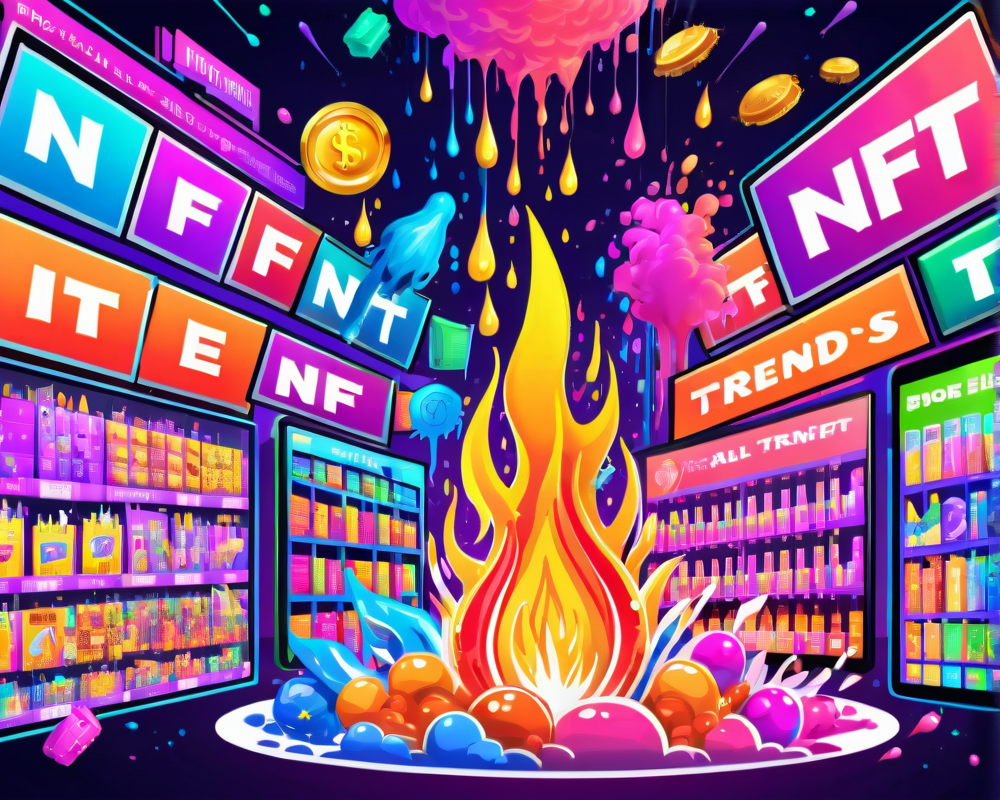The Big Upgrade: Monero’s Move to RandomX
On November 30, the Monero community hit a significant milestone by transitioning to the RandomX mining algorithm. This new protocol aims to dial back the dominance of those pesky ASIC miners, who often hog all the spotlight—and all the coins. Feeling left out? Well, CPUs are about to reclaim their fame!
A Look Inside the RandomX Algorithm
RandomX isn’t just a fancy name; it’s like a programming party where random code execution and memory-focused techniques unite to create a decentralized mining ecosystem. In theory, this means you can still mine Monero using your general-purpose CPU, making the network far less reliant on those hardcore ASIC devices that are designed solely for professional mining.
Decentralization: The Holy Grail of Crypto
The Monero team believes that ASIC miners lead to centralization, which they equate with villainy in the crypto world. Why? Because only a handful of manufacturers produce these specialized mining machines. This purported monopoly is like giving a select few the keys to the candy store, while everyone else is left drooling outside the windows!
The Controversy: A Double-Edged Sword?
However, not everyone is on the Monero bandwagon. Some industry heavyweights, like Bran Cohen—the guy who gave us BitTorrent—argue that trying to resist ASIC mining might be a fool’s errand. During his fiery outburst, he declared, “ASIC resistance just creates more centralization around manufacture when it inevitably fails.” Yikes! That sounds like a loaded statement.
It’s Not Just Monero: The Trend of Delisting Privacy Coins
In a world where privacy is both desired and feared, Monero has faced backlash beyond just mining algorithms. Cryptocurrency exchanges like BitBay have chosen to delist XMR due to concerns about money laundering. Can you imagine your local coffee shop saying, “Sorry, no lattes today because some people might add too much sugar?” That’s the complexity Monero faces!
Crypto Exchanges Take a Stand
In a domino effect, other exchanges, including OKEx, have decided to part ways with Monero and other privacy-focused coins, like Dash and Zcash. They contend that XMR’s anonymity features can be misused for illicit activities. Bottom line? Privacy is a double-edged sword that sometimes cuts in ways we wish it wouldn’t.




